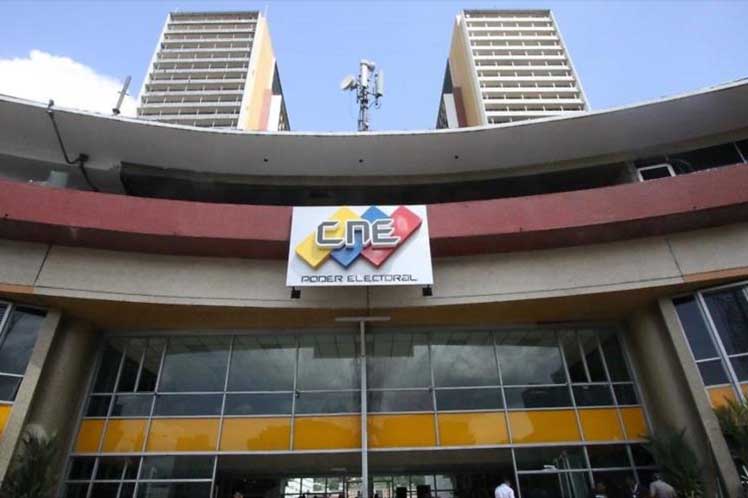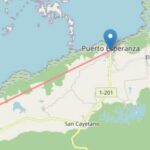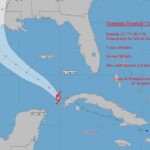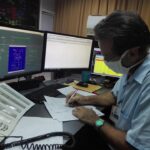Caracas: The nomination of candidates for the legislative elections in December this week marked the political scene in Venezuela, fully impacted today by the repercussions of the presidential pardon to more than 100 opponents, Prensa Latina publishes.
The first vice president of the United Socialist Party of Venezuela (PSUV), Diosdado Cabello, highlighted the strength of the alliance of the Great Patriotic Pole -composed of nine organizations related to the Bolivarian Revolution-, when going to the National Electoral Council (CNE) to formalize the candidacies of the unitary block.
Cabello underlined the commitment of the PSUV and the allied parties to go to the conquest of the National Assembly (unicameral Parliament) to put it at the service of the country.
“We firmly believe in democracy, in the popular vote and in the conscience of the people?, the socialist leader said, reiterating the call to participate in the elections to renew the legislative body, under the control of the opposition since 2016 and declared in contempt by the Supreme Court of Justice.
Several right-wing organizations also formed coalitions to intervene in the elections, in support of the option of voting as the only alternative to settle political differences.
The formalization of the candidacies of the Alianza Venezuela Unida and Alianza Democrática blocs demonstrated the predominant will in the opposition to opt for democratic means to specify its political agenda, in the face of insistent calls for abstention by a sector led by Juan Guaido, with the backing of the United States.
Additionally, the pardon granted to more than 100 opposition leaders and activists with open judicial processes, under preventive deprivation of liberty or required by the courts for crimes against national peace, ratified the will of the Bolivarian government for dialogue and contributed to further cementing the climate of confidence towards the elections.
Valued as positive by right-wing spokesmen, in addition to international organizations such as the European Union, the measure adopted by President Nicolás Maduro sought to promote peaceful coexistence through the opening of the democratic channel, according to official sources.
Faced with this scenario, the United States ratified its hostile and interfering stance by imposing coercive measures against the president of the CNE, Indira Alfonzo, two of its main rectors, and the attorney general of the Republic, Reinaldo Muñoz, in order to boycott the electoral process.
Venezuela denounced the new maneuver of the US administration of Donald Trump to interfere in the legislative elections of December 6; “No external pressure will be able to prevent the Venezuelan people from exercising their right to vote and deciding their destiny in a sovereign manner?, underlined a statement from the Foreign Ministry.
The renewal of the highest electoral body and the call to vote to renew the National Assembly was part of the partial agreements emanating from the dialogue table installed in September 2019 between the government of Venezuela and several opposition parties.





